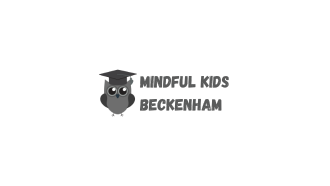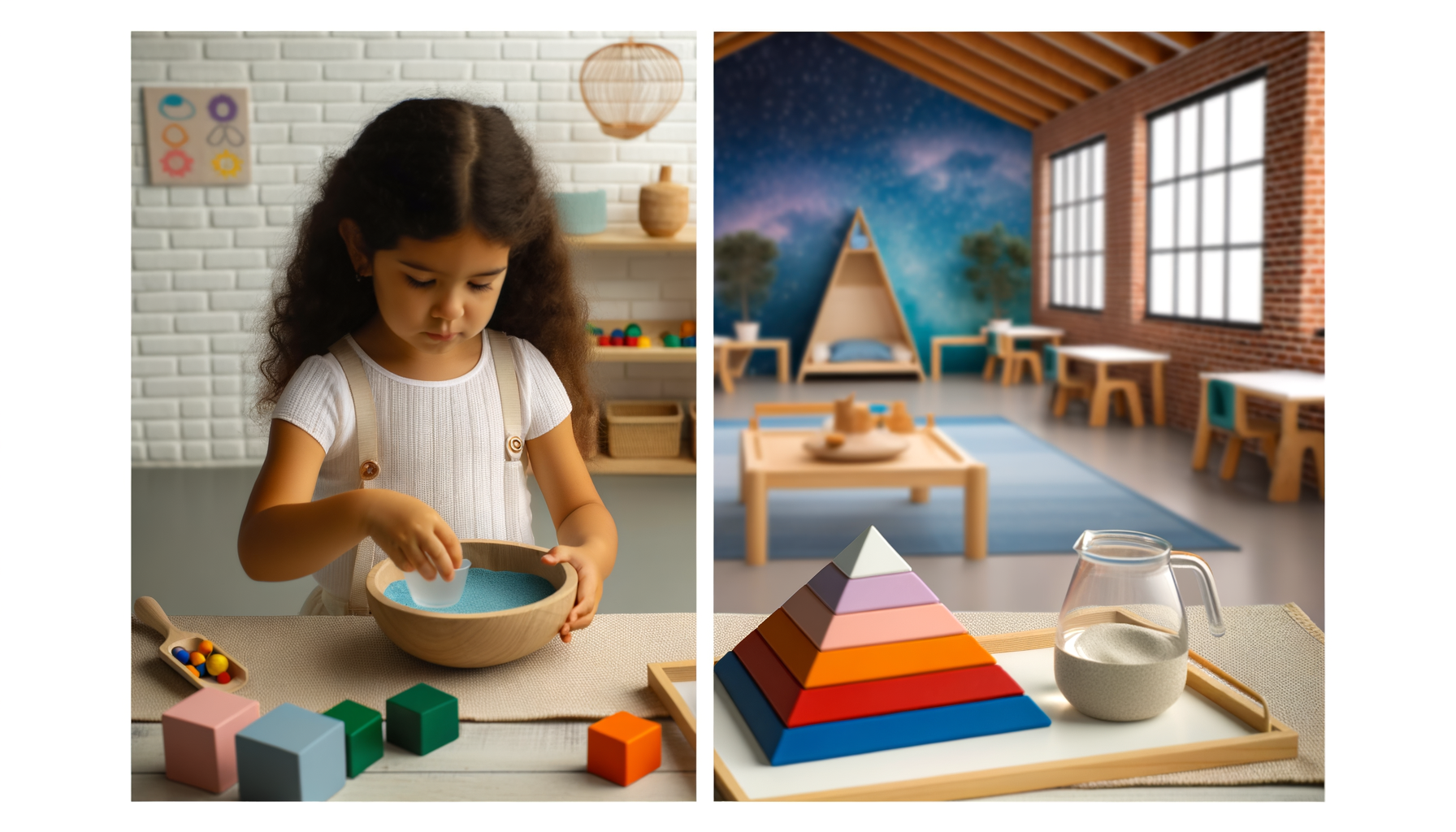What Is Mindfulness and Why Does It Matter?
Hi there, amazing parents and teachers! When we talk about helping children grow, one important word keeps popping up—mindfulness. This isn’t just a fancy buzzword. Mindfulness means paying attention to what’s happening right now, with kindness and no judgment. It’s a big part of how we help kids grow at Kia Mena Montessori in Beckenham.
So how does mindfulness help? Kids today are full of energy, like busy bees buzzing around. Mindfulness gives them tools to slow down, focus, and feel more calm. When we mix mindfulness with the Montessori approach, amazing things can happen for a child’s development.
What Is the Montessori Approach?
Montessori education was started by Dr. Maria Montessori over 100 years ago. She believed that all children are naturally curious and love to learn when they are in the right environment. Here are some key parts of the Montessori method:
- Prepared Environment: Classrooms are set up so kids can explore and learn on their own.
- Child-Centered Learning: Kids choose their own activities and learn at their own pace.
- Hands-On Learning: Children learn by doing, not just by listening.
- Respect for Each Child: Every child is seen as unique and special.
- Teachers as Guides: Montessori teachers help and support rather than just teach.
Want to learn more about Montessori education? Check out this resource from a trusted training center.
How Mindfulness and Montessori Work Together
Mindfulness and Montessori go hand in hand. They both help children become more independent, respectful, and curious. At Kia Mena Montessori, we use mindfulness in many ways:
- Mindful Breathing: We teach kids to take deep breaths when they feel upset or excited.
- Sensory Activities: We use hands-on tasks that help calm the mind and body.
- Self-Awareness: We help children notice how they feel and find ways to handle big emotions.
Why Mindfulness Helps Kids Thrive
Here’s how mindfulness makes a big difference in a Montessori classroom:
- Stronger Focus: Kids pay attention better and stay on task longer.
- Better Emotions: There are fewer tantrums and more smiles.
- Kinder Friendships: Children learn to be more caring and understanding.
- More Creativity: Mindfulness opens their minds to new ideas and better problem-solving.
Easy Mindfulness Tips for Families and Teachers
You can try mindfulness at home or in your classroom too! Here are a few simple ways to start:
At Home
- Quiet Spaces: Make a cozy corner where your child can sit quietly or read.
- Nature Walks: Go outside and listen to the sounds of birds or notice the colors of leaves.
Daily Life
- Say Thanks: Talk about one good thing that happened today during dinner or bedtime.
- Mindful Movement: Try easy yoga poses like tree pose or stretching together.
Be a Role Model
Kids learn by watching. Take time to listen, stay calm, and show how to slow down. You’re teaching without even saying a word!
Things to Keep in Mind
Even though mindfulness and Montessori have many benefits, there are also a few things to think about:
- Different Learning Styles: Not all kids learn the same way, and that’s okay.
- Cultural Differences: Mindfulness looks different in each family and community. Respect and kindness matter most.
- Seeing What Works: Be flexible. Try new things and see what helps your child the most.
Want more support? Visit Mindful.org for kid-friendly mindfulness ideas.
Real Stories from Montessori Kids
At Kia Mena Montessori, we’ve seen wonderful things happen. One little learner named Lucy used to feel frustrated easily. After we started showing her how to take calming breaths and listen to her feelings, she began to focus better and enjoy learning more. Stories like Lucy’s show how big small changes can be.
Final Thoughts
Mindfulness and Montessori make a powerful team. They help children grow into kind, confident, and curious people. At Kia Mena Montessori, we’re proud to use both to support each child’s journey. Try adding a little mindfulness to your day—you might be surprised at how much it helps!
Want to Learn More?
- American Montessori Society has helpful info about Montessori learning.
- Mindful Schools offers courses and ideas for parents and teachers.
- Association Montessori Internationale (AMI) shares news and research on mindful classrooms.
- Kia Mena Montessori Preschool is ready to guide your child with mindful, joyful learning!


Leave a Reply